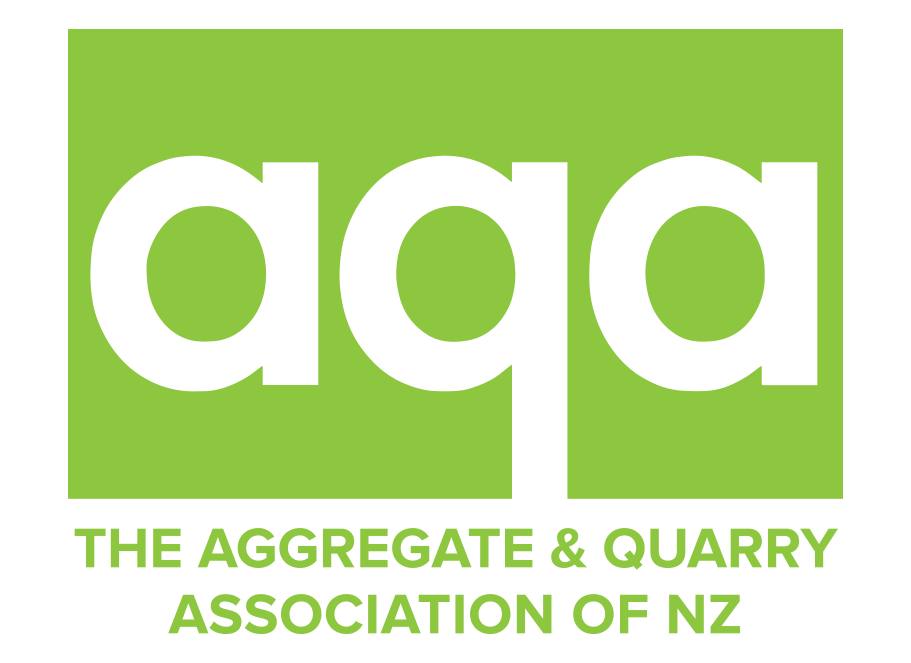Headline claims that Christchurch does not need new quarries ignores the city’s demands for access to sufficient rock and sand to meet population and housing growth, says the Aggregate and Quarry Association.
CEO Wayne Scott says a Press story today is rehearsing disproved health and environmental claims as part of an individual’s ongoing opposition to a new quarry near her home which has already gained a resource consent.
“The story includes claims that Christchurch does not need more quarries with 252 hectares in current quarry resource consent approvals and applications.”
“That takes no account of a number of Canterbury quarries coming to the end of their life – or the fact that the region needs more than 50 hectares of area to be quarried each year to meet demand – about five years supply from the new quarries if all are approved.”
There are forecasts that Greater Christchurch’s population could grow to nearly three-quarters of a million people in the next 25 or so years[BB1] .
This means another 62,000 houses will be required, consuming [BB2] 15 million tonnes of aggregate alone, on top of existing demand and the infrastructure required to support the population growth.
Building infrastructure such as new roads and water delivery was also at the core of the Government’s response to the economic impacts of Covid-19.
“The story’s single source of opposition is a leading opponent of the one major new quarry in region – the 170 hectare site at Templeton, which has been consented but is now subject to Environment Court appeals.”
Wayne Scott is also CEO of the mining/extractive sector health and safety organisation, MinEx, and closely followed ECan’s air monitoring around Yaldhurst quarries to test for respirable crystalline silica, which can cause silicosis, a fatal disease.
He says it is regrettable that the story again rehearses fears about respirable silica.
“In late 2017, Canterbury’s then Medical Officer of Health acknowledged after reviewing the independently reviewed testing that “the results have all come back below any level which is remotely likely to cause silicosis. Most results were undetectable.”
Wayne Scott says the industry acknowledges that in creating the very foundations on which every road and building rests, there are a range of environmental issues that need to be constantly addressed and monitored.
A new voluntary Code of Practice was developed by quarry operators in the greater Christchurch area to address community concerns about quarrying activities and to provide reassurance that every effort will be made to reduce effects such as noise and dust.
Quarries also have to go through robust resource consents and be subject to regular monitoring to see they are meeting consent conditions.
Wayne Scott says well-performing quarries need to stay in close location to where the rock and stone they produce is needed for roading and construction.
“Pushing quarries well out into backblocks is not a viable option; it drives up costs with every kilometre as well as increasing emissions – that would create more of a long grey dust cloud for Christchurch than well-managed quarries.”
Contact: Wayne Scott, CEO Aggregate and Quarry Association 021 944 336.



